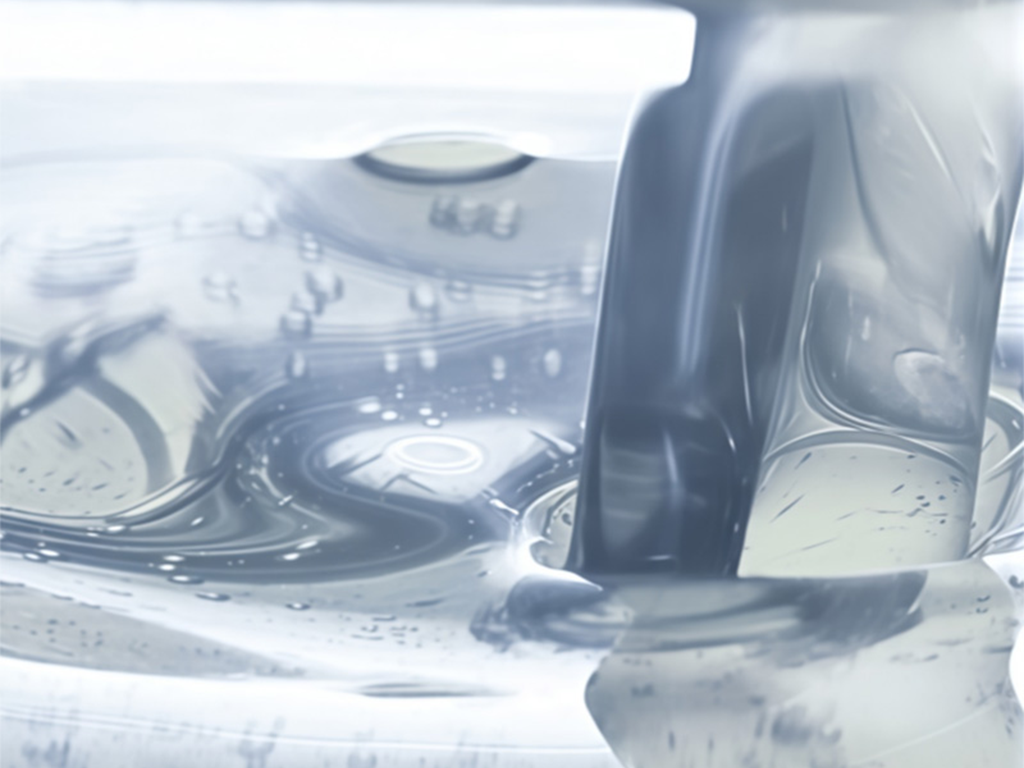Les propriétés mécaniques des polymères acryliques — notamment la résistance à la traction, l'allongement à la rupture, la flexibilité et la résistance aux chocs — déterminent leurs performances dans des applications allant des adhésifs aux matériaux structurels, et sont adaptées grâce au choix des monomères et aux conditions de polymérisation. La résistance à la traction, qui correspond à la contrainte maximale qu'un polymère peut supporter avant de se rompre, est influencée par des monomères rigides comme le méthacrylate de méthyle, qui augmentent la rigidité des chaînes. L'allongement à la rupture, qui mesure la flexibilité, est amélioré par des monomères souples tels que l'acrylate de 2-éthylhexyle, qui abaissent la température de transition vitreuse (Tg) du polymère et permettent une plus grande déformation sous contrainte. La flexibilité est essentielle pour des applications telles que les films d'emballage ou les revêtements devant se plier sans se fissurer, tandis que la résistance aux chocs — améliorée par l'incorporation de monomères caoutchouteux ou par l'utilisation de techniques de polymérisation en structure cœur-coquille — garantit la durabilité dans des applications soumises à des contraintes élevées, comme les pièces automobiles. La force d'adhésion, une propriété mécanique clé dans les adhésifs, est optimisée en équilibrant la résistance interne (provenant de monomères rigides) et la force adhésive (provenant de monomères polaires comme l'acide acrylique). La dureté, mesurée selon les échelles Shore ou Rockwell, varie selon la composition en monomères : des niveaux plus élevés de méthacrylate de méthyle produisent des polymères plus durs adaptés aux plastiques rigides, tandis qu'une plus grande proportion d'acrylate de 2-éthylhexyle donne des polymères plus souples et caoutchouteux, destinés aux joints ou aux joints d'étanchéité. La société E Plus Chemical Co., Ltd. adapte ces propriétés grâce à sa technologie de polymérisation catalytique, en contrôlant la distribution des masses moléculaires et la densité de réticulation pour obtenir des profils mécaniques spécifiques. Des tests, incluant des essais de traction, des essais de choc et une analyse mécanique dynamique (DMA), assurent que les polymères répondent aux exigences des applications, qu'il s'agisse d'adhésifs industriels à haute résistance ou de rubans médicaux flexibles.
